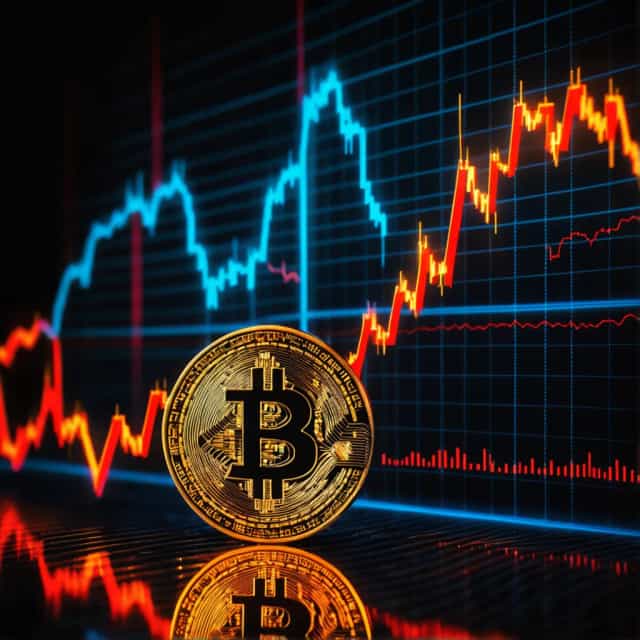![[National Audit 2025] Rep. Min Byung-deok: "Binance-GOPAX Merger is No-Capital M&A" … Rep. Kim Jae-seop: "Victim Compensation and Approval Require Rigorous Review"](/_next/image?url=https%3A%2F%2Fwww.blockmedia.co.kr%2Fwp-content%2Fuploads%2F2025%2F10%2F20251020-151953.png%3Fformat%3Dwebp%26width%3D600&w=1200&q=70)
출처: Block Media
South Korean Lawmakers Demand Investigation Into Binance's Controversial Acquisition of Gopax
South Korea’s political landscape was stirred recently as lawmakers from both the ruling People Power Party and the opposition Democratic Party called for an in-depth probe into Binance's acquisition of the domestic cryptocurrency exchange, Gopax. During the National Assembly's Political Affairs Committee audit, several concerns surfaced regarding victim compensation, regulatory approval procedures, and possible political interference—prompting calls for heightened scrutiny from financial authorities.
Lawmakers Question Binance’s Handling of Victim Compensation
Min Byung-deok, a Democratic Party member, heavily criticized Binance's handling of compensation for victims tied to Gopax during his October 20 parliamentary audit. Binance had previously announced plans to acquire Streami—the operator of Gopax—and explicitly promised to fully reimburse victims affected by prior financial issues. However, as Min pointed out, no repayments have been made thus far, nor has the company disclosed a definitive compensation plan.
Min also accused Binance of exploiting regulatory processes to negotiate compensation-related terms, calling the acquisition a "classic example of a leveraged buyout." He alleged that Binance capitalized on the Financial Intelligence Unit (FIU)’s review process when changing Gopax’s major shareholders as a way to stall or influence victim payouts. "Negotiations that use victims as leverage are highly unethical and cannot be condoned under any circumstances," he asserted.
Push for Stricter Regulatory Measures
Min urged the country's financial authorities to strengthen institutional practices, advocating for measures such as mandatory license renewals for digital asset exchanges. This, he argued, would ensure accountability and prioritize victim compensation as a prerequisite for approval. In response, Lee Eog-weon, vice chairman of the Financial Services Commission (FSC), acknowledged the mounting concerns surrounding the acquisition: "We are carefully reviewing the reported damages and will examine all related aspects in detail," he assured the committee.
Allegations of Binance’s Troubled Reputation
Concerns over Binance’s corporate governance and regulatory compliance record were echoed by Kim Jae-seop, a lawmaker from the People Power Party, who underscored the company’s troubling past. He pointed out Binance’s alleged involvement in anti-money laundering (AML) violations, citing connections to illicit schemes involving Hamas and North Korea. Kim noted that Binance has paid hefty penalties totaling approximately 5.5 trillion Korean won due to such violations, and its founder, Changpeng Zhao, has faced criminal sentencing in related cases.
Moreover, Kim raised questions about documents from the U.S. Department of Justice and the Treasury, which allegedly implicate Binance in laundering funds generated by romance scams carried out by Cambodia's Prince Group. "These revelations cast serious doubt on the prudence of financial regulators approving an internationally controversial exchange to acquire a key platform like Gopax in the domestic digital market," Kim stated.
Concerns Over Approval Timing and Political Connections
Further fueling criticism of the acquisition, Kim scrutinized the timing of regulatory approval. He emphasized that Binance’s acquisition process was deliberated by the FSC for over two years but saw approval expedited—granted just four months after South Korea’s current administration took office. Suspicions surrounding political interference grew louder when Kim revealed allegations that Gopax’s vice president is reportedly the son of a high-ranking official from the previous administration led by the Democratic Party. These connections raised concerns of possible political ties influencing the decision-making process.
In defense, Lee Eog-weon denied any allegations of political influence, maintaining that procedural integrity guided the FSC’s decision. "No political associations involving the parties have been reported to us. The decision was grounded on a thorough evaluation of Binance's AML protocols and the qualifications of its executives," Lee stated, seeking to dispel rumors and emphasize an objective regulatory process.
Amplifying Scrutiny on Binance’s Operations
The controversy took an even sharper turn as Kim demanded the immediate submission of all documentation tied to Binance's approval process. This request signaled a deepening level of scrutiny into the acquisition, its perceived irregularities, and the broader implications for South Korea’s cryptocurrency market.
Conclusion: A Call for Transparency and Accountability
The heated debate surrounding Binance’s takeover of Gopax has illuminated critical issues within South Korea’s regulatory systems for digital asset markets. Lawmakers from both sides of the political spectrum have raised pivotal questions about victim compensation, Binance’s troubling global track record, and potential political ties influencing approval proceedings. As investigations continue, financial regulators are under immense pressure to provide transparency and restore public trust, ensuring that such acquisitions serve stakeholders fairly and uphold the integrity of the country’s burgeoning cryptocurrency industry.










